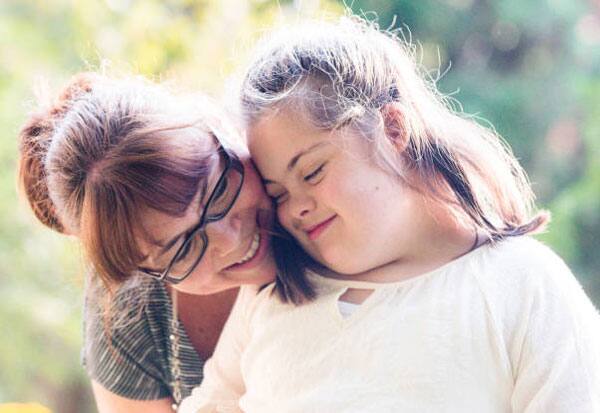/
செய்திகள்
/
Kalvimalar
/
Articles
/
Cognitive Disorder in Children: Overview, Diagnosis, and Treatment
/
Cognitive Disorder in Children: Overview, Diagnosis, and Treatment
Cognitive Disorder in Children: Overview, Diagnosis, and Treatment
Cognitive Disorder in Children: Overview, Diagnosis, and Treatment
மே 28, 2025 12:00 AM
மே 28, 2025 12:00 AM

Cognitive development in children forms the foundation for learning, social interaction, and problem-solving. However, for some children, this development may be disrupted by cognitive disorders—conditions that affect how they acquire, process, and use information. Early identification and appropriate interventions are crucial in helping these children reach their full potential.
What Are Cognitive Disorders?
Cognitive disorders in children are characterized by impairments in intellectual functioning, including attention, memory, reasoning, language, and learning capabilities. These disorders can significantly impact a child's academic performance, communication skills, and social behavior. Common types include intellectual disabilities, learning disorders (such as dyslexia, dyscalculia, and dysgraphia), attention-deficit/hyperactivity disorder (ADHD), and autism spectrum disorder (ASD). In some cases, children may experience global developmental delays, where multiple areas of development are affected.
How Are Cognitive Disorders Diagnosed?
Diagnosing cognitive disorders in children involves a comprehensive and multidisciplinary approach. It typically begins with a review of the child's developmental history, including information on when key milestones such as walking and speaking were achieved. Parents and teachers often provide valuable insights through behavioral observations and standardized screening tools like the Ages and Stages Questionnaire (ASQ).
Further evaluation includes psychological assessments, such as IQ tests (e.g., the Wechsler Intelligence Scale for Children), and neuropsychological testing to evaluate memory, attention, and problem-solving skills. Speech and language assessments help identify communication deficits, while educational testing measures academic achievement and compares it to expected levels. In some cases, medical evaluations and genetic testing may be necessary to identify underlying conditions.
Treatment Approaches
The treatment of cognitive disorders in children is tailored to each child's specific needs and may involve a combination of therapies and interventions. An essential component is educational support, often provided through an Individualized Education Plan (IEP) that outlines tailored teaching strategies and accommodations within the school system. Special education services and remedial instruction help address learning gaps.
Behavioral therapies, such as Applied Behavior Analysis (ABA) for children with autism or Cognitive Behavioral Therapy (CBT) for those with emotional and behavioral issues, are also widely used. Speech and occupational therapies play a vital role in enhancing communication skills and daily functioning. In some cases, medications may be prescribed to manage symptoms of ADHD or associated conditions like anxiety.
Parental involvement is critical. Training programs and counseling can help parents support their child's learning and behavior at home. Early intervention programs, particularly for children under the age of five, have shown to be especially effective in improving outcomes.
Conclusion
Cognitive disorders in children, though challenging, can be effectively managed with early diagnosis and a structured support system.
I improved my launguage skills and general knowledge very well by reading pattam paper
Rate this
I improved my launguage skills and general knowledge very well by reading pattam paper
Rate this


